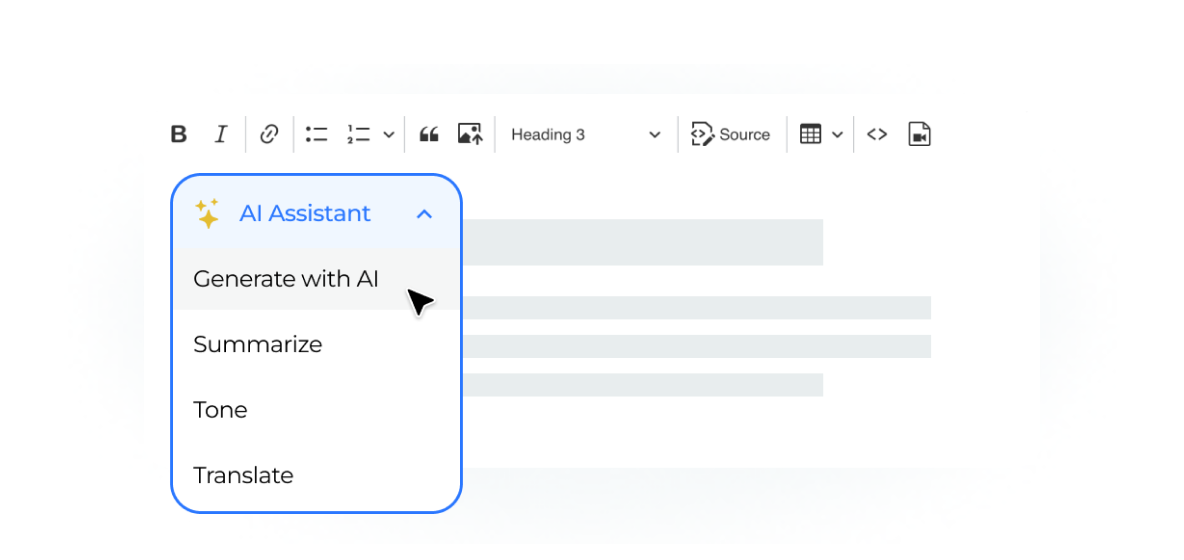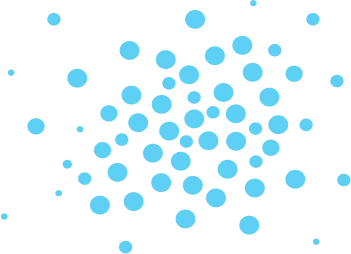Discover the world’s only
Community Collaboration Platform
Designed to support multi-layered organizations
Crafted for secure, data sovereign collaboration
Loved for its enterprise-grade flexibility
Trusted by the world’s most ambitious organizations















Your network amplifies productivity

Gaia AI Editor Assistant helps with workflows, creating and editing content

Work together online with our
Document Collaboration Suite,
without ever leaving your platform

Built enterprise-ready networks for a global audience
Discover Open Social's
Community
Collaboration
Platform
Rethink your collaboration experience with our unique platform, consisting of 6 products and various add-ons.

Unparalleled flexibility and integrations
Discover unmatched flexibility with our extensive platform configurations, out-of-the-box collaboration tools and extendable architecture. Customize and evolve your community collaboration platform to meet the unique demands of your organization, ensuring a future-proof platform that grows with your needs and ambitions.


Built for engagement and productivity
Engage in continuous innovation within our open-source ecosystem, emphasizing data sovereignty and ownership and tailored user experiences. Our platform ensures that you remain always ahead, offering experiences that elevate user engagement and drive impactful collaboration.
Trusted partnership and exceptional support
Experience a partnership with Open Social that goes beyond traditional software delivery and support. With our human-first approach, we provide exceptional professional services, transparent communication and a deep commitment to meeting your expectations.
Trust in a relationship where your success is our main priority.


Secure collaboration and compliance
Embrace secure collaboration within a platform fortified with robust data protection measures. Our stringent security protocols and privacy-first philosophy ensure compliance and peace of mind for trusted operations and seamless user experiences.
Learn more about Open Social, our platform and what we can do for you by scheduling a call with one of our consultants.
Client cases
Open Social's impact


Josh Goodman
Business Owner


Margaret Peterson
CEO


Connect. Collaborate. Thrive.
